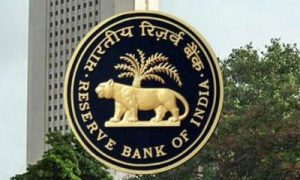The Income Tax Act of 1961 mandates that certain people or organisations withhold TDS from any payments made for specific services.
It is said that India’s tax system is complicated as it keeps on changing to meet the changing times and economic situation of the country. Taxation is a crucial tool to make sure the government can afford its many initiatives and programmes in a nation like India with its diverse population and diverse economic realities. It is one of the major sources of funding for the government and contributes to the sponsorship of numerous assistance programs and other initiatives. The government collects revenue from a variety of sources, including income tax, sales tax, property tax, etc.
Read More: How to claim HRA even when living with parents and other lesser-known facts
Do you know in India if the interests of the FD exceed Rs 40,000 and you are not a senior citizen, then you are liable to pay tax on FDs as well? The Income Tax Act of 1961 mandates that certain people or organisations withhold the tax deducted at the source(TDS) from any payments made for specific services. Services like rent, professional expenses, contract payments, commissions, and royalty payments are among them.
Certain investment categories, such as interest from fixed deposits and other deposits in banks, post offices, etc., are also subject to TDS. Depending on the sort of payment and the recipient’s income level, the TDS rate varies. Individuals must pay varying TDS amounts depending on their tax bracket. The payer is in charge of figuring out the relevant TDS rate and subtracting it before making the payment.
Read More: Calculate Your Income Tax Under Old And New Regimes In Govt’s IT Calculator; Here’s How To Use It
Banks deduct TDS on the interest paid on an FD if you are not a senior citizen and the interest surpasses Rs 40,000. For a senior citizen, the amount is Rs 50,000. Here, it’s important to keep in mind that TDS is drawn out when income is credited to your FD, not when the FD matures. As a result, the bank will deduct TDS every year while paying the interest if you have opened an FD for three years.
TDS will not be drawn from your revenue if it is less than Rs 3 lakh per year. However, Form 15G or 15H must be filed in such cases. Even if the yearly interest earned on an FD is less than Rs 40,000, TDS won’t be withheld. On income over Rs 40,000, 10% TDS is subtracted. For failing to send a PAN card for KYC, the bank may deduct 20% TDS. If the bank still deducts TDS even though the amount of interest you got landed within the exemption threshold, you can claim it when submitting your income tax return.





































